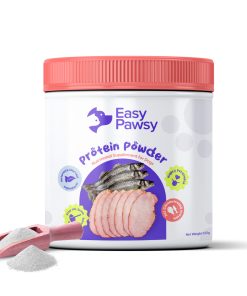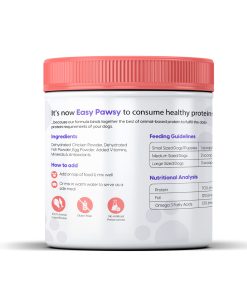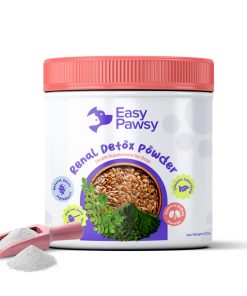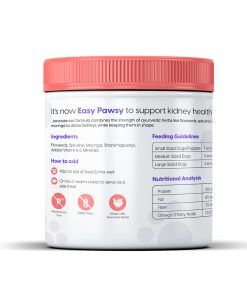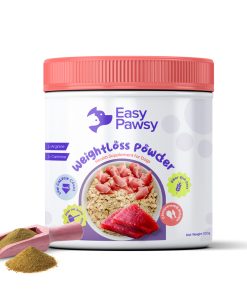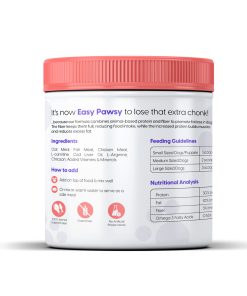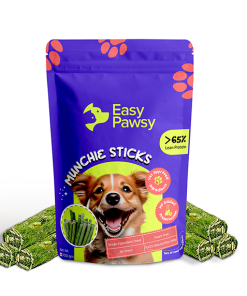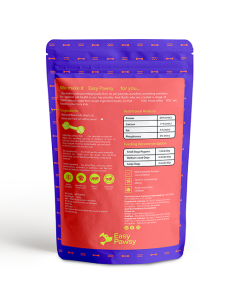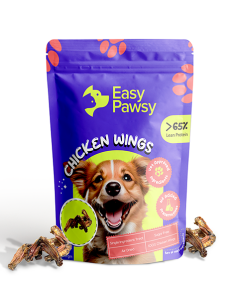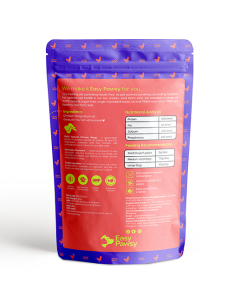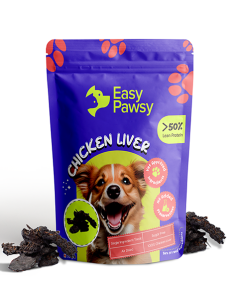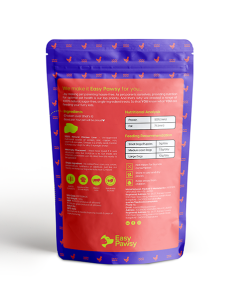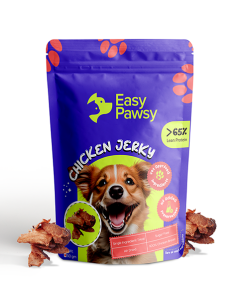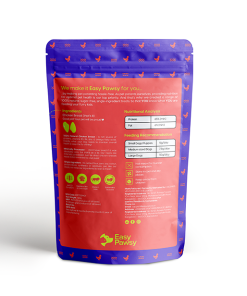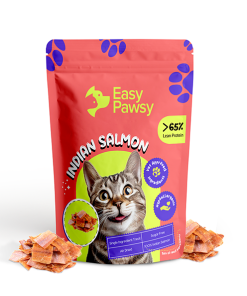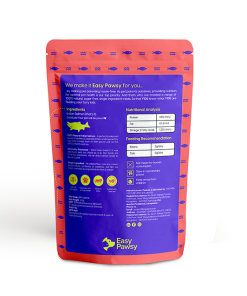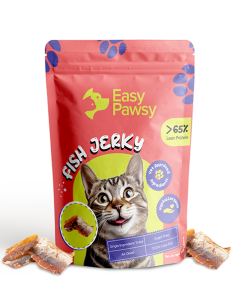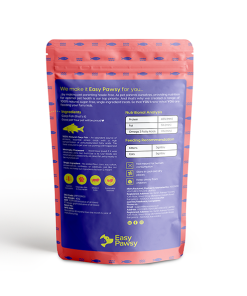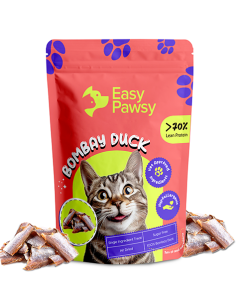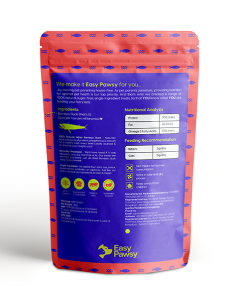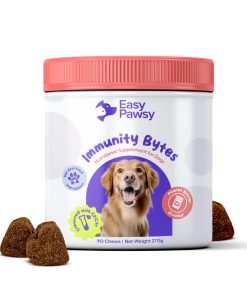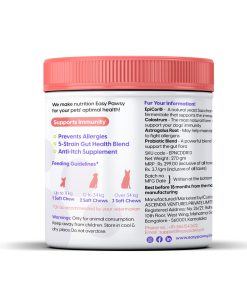All Genders, Dog, Food
Is Kibble Safe for Dogs? 5 Reasons We Don’t Trust It
Kibble or dry food for dogs is a popular food choice in dog food. But did you know that experts are doubtful of its effects on pets’ health? Here are 5 evidence-based reasons why kibble for dogs can be potentially harmful.
1. Added Synthetic Vitamins and Minerals
Since kibble goes through an extreme heat extrusion process, the nutritional quantity of ingredients decreases sharply. This forces manufacturers to add synthetic vitamins and minerals. This can be dangerous due to:
- Bioavailability: The synthetic nutrients do not get absorbed well enough and your pet may end up nutrient-deficient.
- Health Imbalances: Excessive intake of these synthetic nutrients can lead to health imbalances like gastrointestinal issues.
2. Inadequate Moisture Content
Typical moisture content in kibble is usually around 5% to 10% which is nothing close to daily moisture requirements.
But that’s not all.
In order to digest dry foods, the body has to give up moisture to soften the food. That means your dog’s body would require more water = thirst. But if your dog isn’t a big fan of the water bowl, all of this combined can lead to dehydration.
3. Questionable Ingredient Sourcing

The quality of ingredients used in kibble varies significantly among brands. While some brands prioritize using high-quality, whole ingredients, others might rely on cheaper fillers and by-products that’d look like –
- Animal by-products
- Meat meal
- Rendered fat
4. Risk of Obesity and Overeating
Kibble’s convenience can contribute to overfeeding and obesity –
- Kibbles are calorie-dense. That means a smaller size of kibble can contain higher amounts of calories which can lead to obesity.
- Some dogs find kibble less satiating than diets with higher moisture content, leading them to consume larger quantities.
5. Preservatives and Additives:
Preservatives and additives are commonly used in kibble to enhance shelf life and maintain product quality. However, some of these substances can have potentially harmful effects on your pet:
- BHA (Butylated Hydroxyanisole) and BHT (Butylated Hydroxytoluene) – Certain studies suggest that BHA and BHT might be associated with cancer.
- Artificial Sweeteners – Artificial sweeteners like xylitol can be toxic to your pet as they can lead to hypoglycemia (low blood sugar) and other serious health problems.
While kibble or dry food is a widely used form of pet food, its suitability depends on various factors such as ingredient quality, nutritional content, and individual pet needs. Hence prioritising whole, minimally processed food and seeking the advice of experts is recommended.

